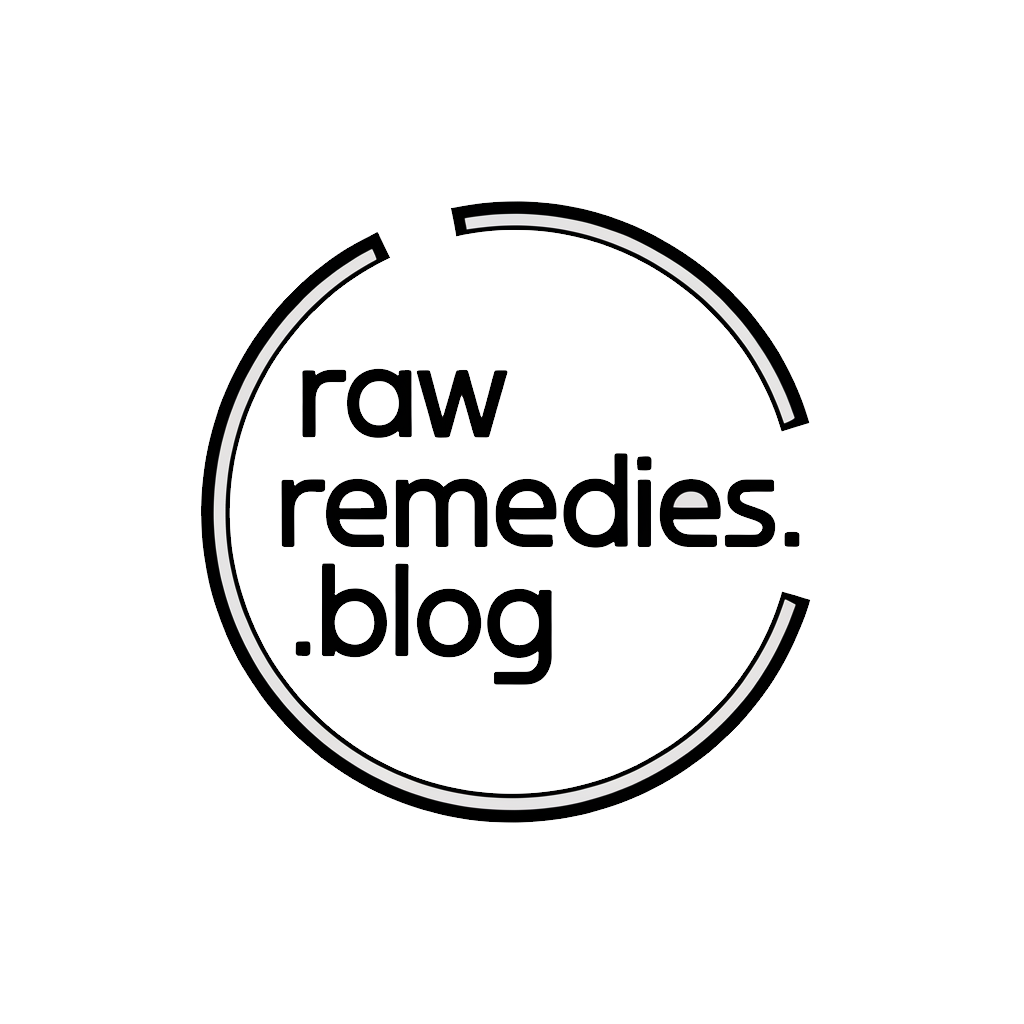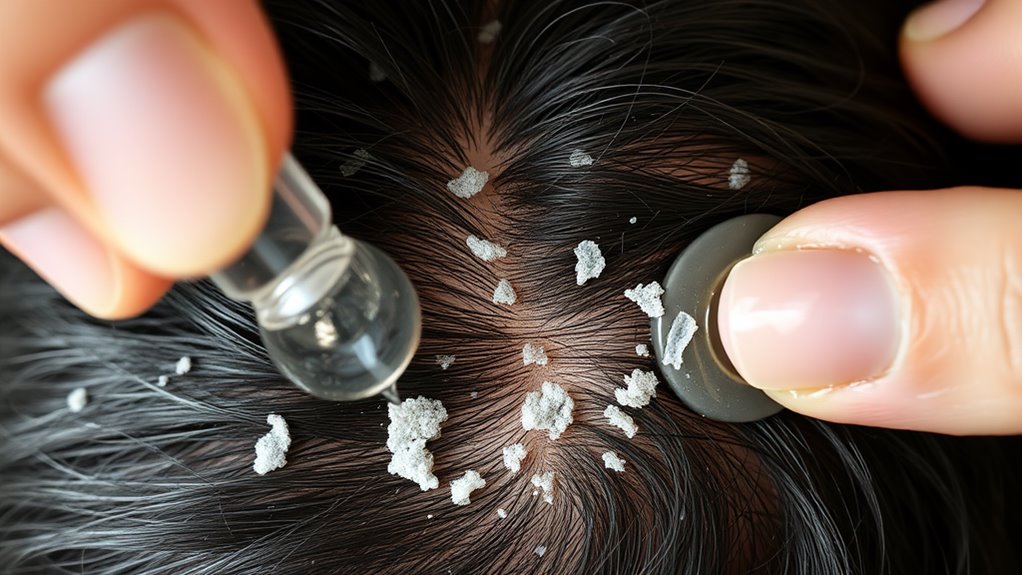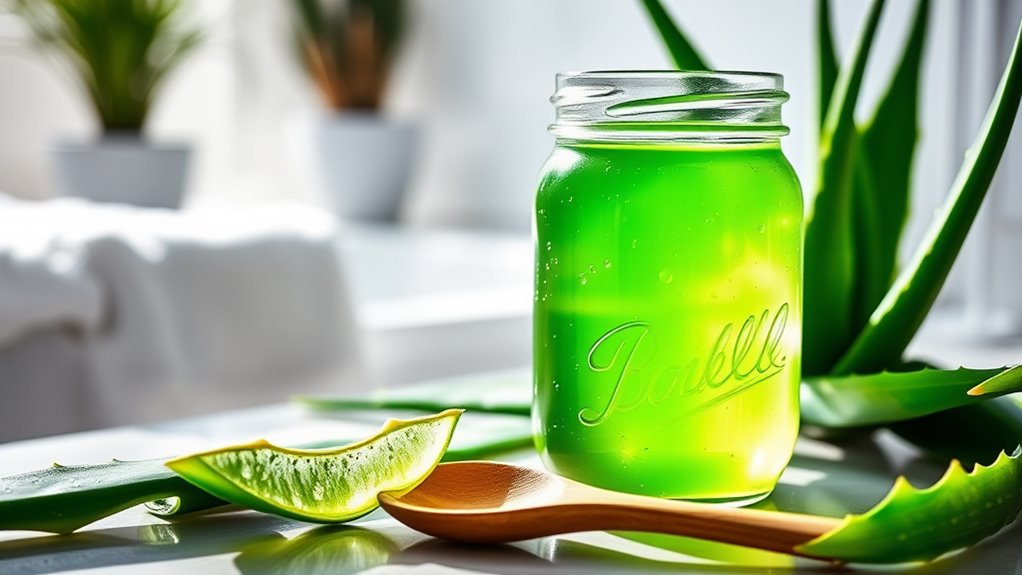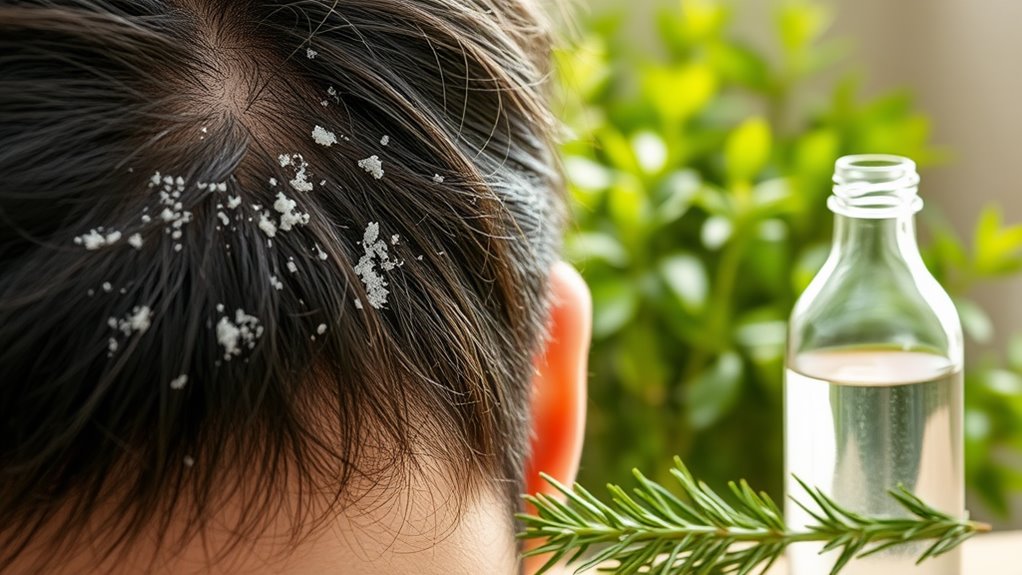Flaky Scalp. Try This Easy Dandruff Fix!
You’ve probably felt like your scalp’s under constant siege from dandruff’s relentless flakes. It’s often due to fungal overgrowth or dry skin, but you can tackle it with a simple mix of baking soda and apple cider vinegar. This evidence-based remedy reduces itching effectively, and you’ll discover more prevention strategies ahead.
Key Takeaways
- Use tea tree oil for its antifungal properties to reduce scalp flaking effectively.
- Mix baking soda with apple cider vinegar to create a simple antifungal paste for dandruff.
- Apply the paste to affected areas and massage gently for 2-3 minutes.
- Wash hair every 2-3 days with a dandruff shampoo containing zinc pyrithione.
- Prevent future flakes by avoiding hot water and incorporating zinc-rich foods into your diet.
Causes of Dandruff
Have you ever wondered what triggers dandruff?
It’s mainly the overgrowth of Malassezia fungus on your scalp, which irritates skin and causes flaking.
Dry skin, seborrheic dermatitis, or sensitivity to hair products also play key roles.
Recognizing these factors lets you explore effective homemade dandruff treatments, backed by studies on natural remedies like tea tree oil. Another natural remedy to consider is an apple cider vinegar rinse, which can help restore the scalp’s pH balance to combat dandruff.
Additionally, addressing dandruff involves cost-effective at-home solutions that promote long-lasting scalp health.
Symptoms of Flaky Scalp
If you’re dealing with a flaky scalp, you’ll likely notice an itchy sensation that can disrupt your daily routine. This itching often stems from the skin’s response to irritation or dryness, as supported by dermatological studies. Visible flakes on your hair and shoulders are another telltale sign, making it essential to address these symptoms early. To ensure long-lasting results, incorporating preventive measures can help maintain scalp health over time. For effective relief, you can prepare a DIY natural treatment using common household ingredients to achieve noticeable results within 24 hours.
Itchy Scalp
An itchy scalp often signals dandruff’s presence, where excessive skin flakes and irritation stem from factors like overactive oil glands or fungal overgrowth.
You might feel a persistent urge to scratch, which worsens inflammation and disrupts your routine.
Evidence from dermatological studies shows that stress and product buildup amplify this symptom, so you’re advised to adopt gentle cleansing routines for quick relief and better scalp management.
Visible Flakes
Visible flakes on your scalp signal dandruff’s most noticeable symptom, where dead skin cells shed excessively due to triggers like fungal activity or oil buildup.
You may often see white flakes on your hair or clothes.
Caused by accelerated cell turnover from factors like sebum or microbes, it’s a common issue.
You can manage it with proper care to restore scalp health.
Natural Ingredients for Treatment
You’ll discover that natural ingredients like tea tree oil and apple cider vinegar provide simple, evidence-based options for tackling dandruff.
Tea tree oil’s antifungal compounds actively reduce scalp inflammation and flakes, as supported by clinical studies.
Apple cider vinegar helps balance your scalp’s pH levels, minimizing irritation and promoting healthier skin. For those dealing with oily hair, apple cider vinegar can effectively regulate sebum to combat greasy scalp issues.
Additionally, apple cider vinegar offers antifungal properties that can provide immediate relief from scalp itching through targeted applications.
Tea Tree Oil
Tea Tree Oil, a potent extract from the Melaleuca alternifolia plant, targets dandruff’s root causes with its natural antifungal and antibacterial effects.
You’ll reduce fungal overgrowth, a key dandruff trigger, by incorporating it into your routine.
Studies, such as a 2006 trial in the Journal of the American Academy of Dermatology, show it decreases flaking by up to 40%.
Dilute a few drops in your shampoo, apply twice weekly, and patch test first to minimize irritation.
Apple Cider Vinegar
Apple Cider Vinegar stands out as a natural remedy for dandruff, thanks to its acidic properties that restore the scalp’s pH balance and fight fungal buildup.
You’ll mix it with water in a 1:3 ratio, apply to your scalp, and let it sit for 5-10 minutes before rinsing.
Studies confirm its antifungal effects reduce flakes and itching, making it a safe, effective option for you to try regularly.
Preparing the Homemade Remedy
To prepare your homemade dandruff remedy, gather simple ingredients like baking soda and apple cider vinegar, both of which have evidence-based antifungal properties that can reduce flakes. For enhanced dandruff relief, try adding aloe vera gel to leverage its natural soothing effects. Mix one tablespoon of baking soda with two tablespoons of apple cider vinegar in a bowl; studies show this combination disrupts fungal growth effectively. Add water to form a paste, ensuring it’s not too runny for optimal efficacy. This remedy is known for delivering fast results by targeting dandruff causes swiftly.
Applying the Dandruff Solution
Once you’ve mixed your remedy, gently apply the paste to your scalp using your fingertips, focusing on areas with flakes to maximize its antifungal benefits—studies confirm that this direct contact enhances the disruption of Malassezia fungi, a common dandruff cause.
Then, massage it in circular motions for 2-3 minutes; evidence indicates this boosts the solution’s penetration, aiding in faster relief from flaking.
For enhanced results, consider using natural home remedies from everyday ingredients to promote long-term scalp health.
This quick application is designed to revitalize your scalp by effectively targeting dry, itchy scalp conditions.
Daily Prevention Strategies
After applying your dandruff solution, you’ll prevent future flare-ups by adopting simple daily habits.
Gently wash your hair every two to three days with a pH-balanced shampoo to maintain scalp health without stripping oils.
Avoid hot water, as it dries the skin and worsens dandruff; use lukewarm instead.
Incorporate zinc-rich foods like nuts and seeds into your diet, backed by studies showing their anti-inflammatory benefits.
Manage stress through regular exercise to reduce flare-ups, and stay hydrated for optimal scalp moisture.
Additional Home-Based Fixes
Beyond daily prevention, you can try several effective home-based fixes to tackle dandruff.
A diluted apple cider vinegar rinse balances scalp pH, reducing flakes as studies show its antifungal benefits.
Tea tree oil, with proven antimicrobial properties, soothes irritation when added to shampoo.
Coconut oil’s moisturizing effects combat dryness, backed by dermatological research.
Aloe vera gel calms inflammation effectively.
Long-Term Scalp Care Tips
Maintaining a healthy scalp long-term involves simple, consistent routines that prevent dandruff from returning.
You’ll reduce recurrence by washing your hair every other day with a gentle, zinc-based shampoo, as studies show it controls flakes effectively.
Regularly moisturize your scalp to maintain balance, and avoid irritants like harsh chemicals.
Incorporate a nutrient-rich diet, since research links vitamins to healthier skin barriers.
Stay consistent for lasting results.





